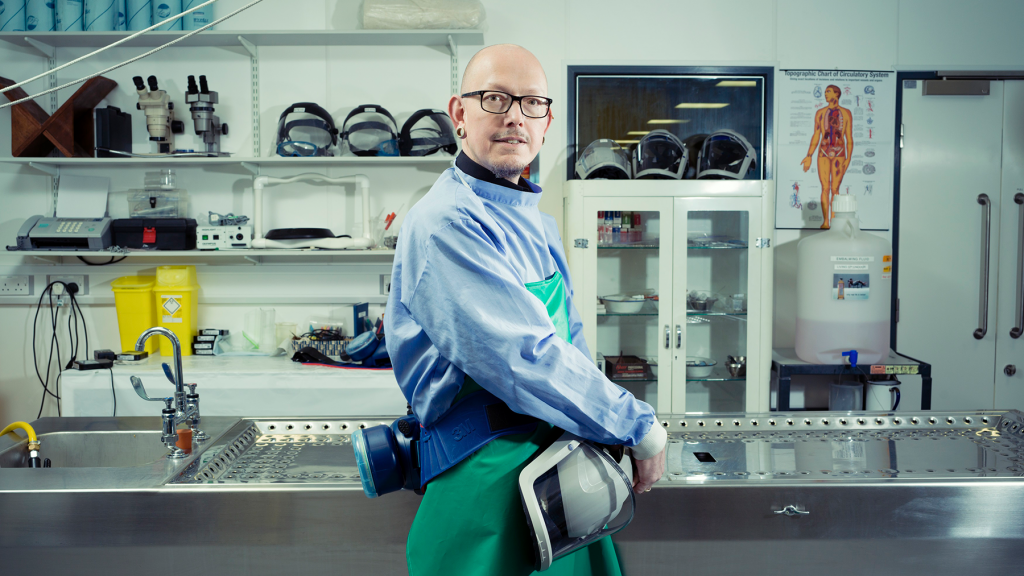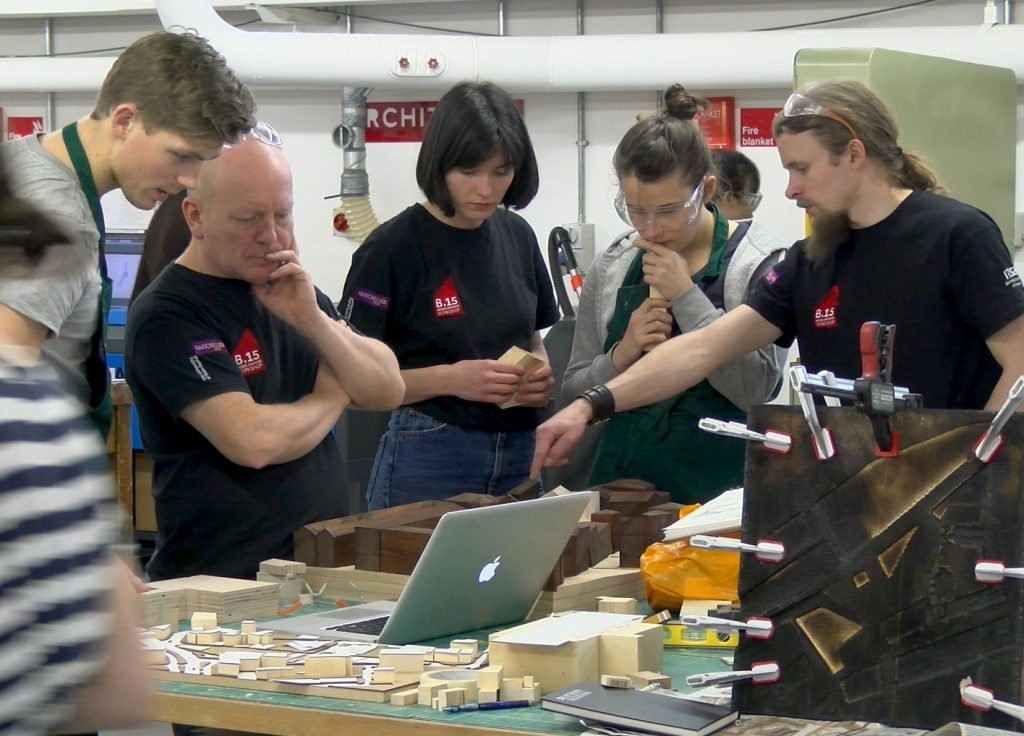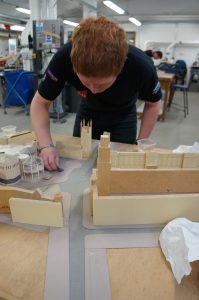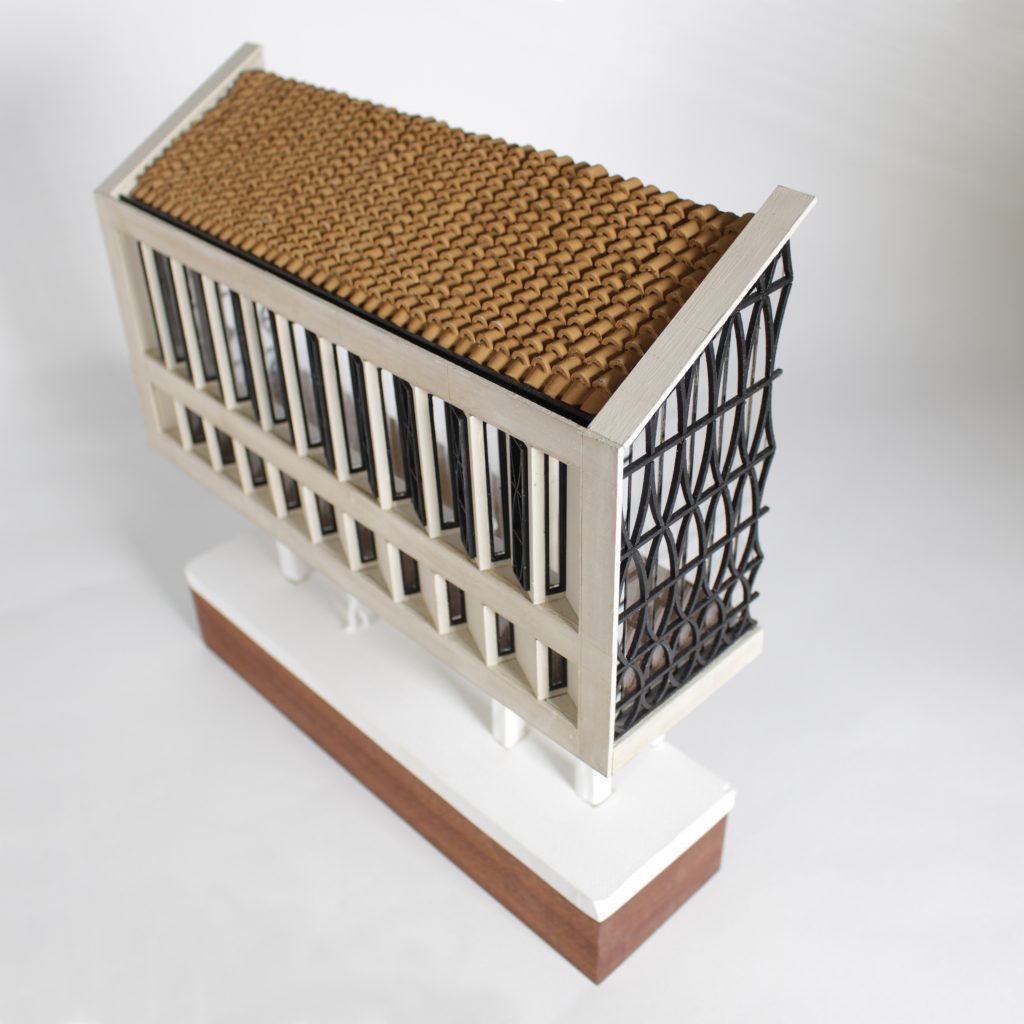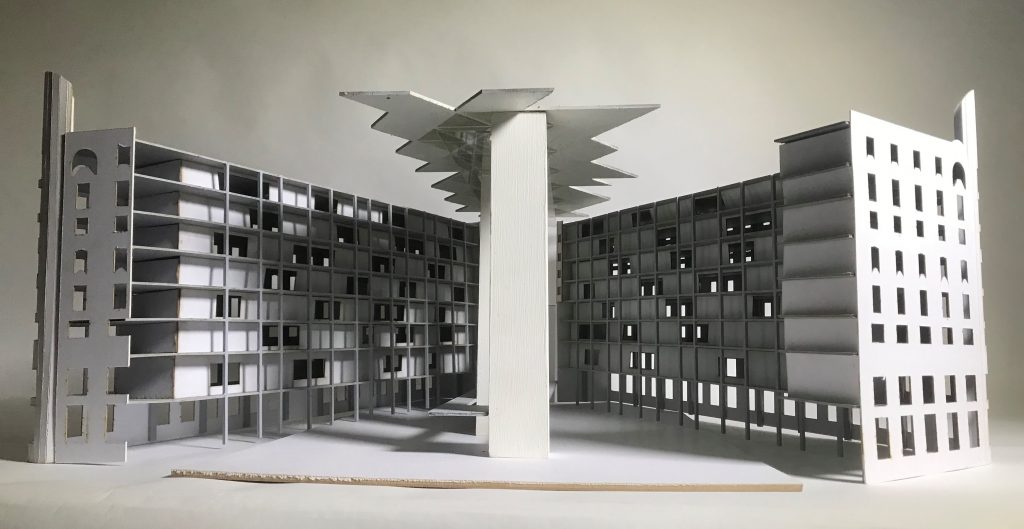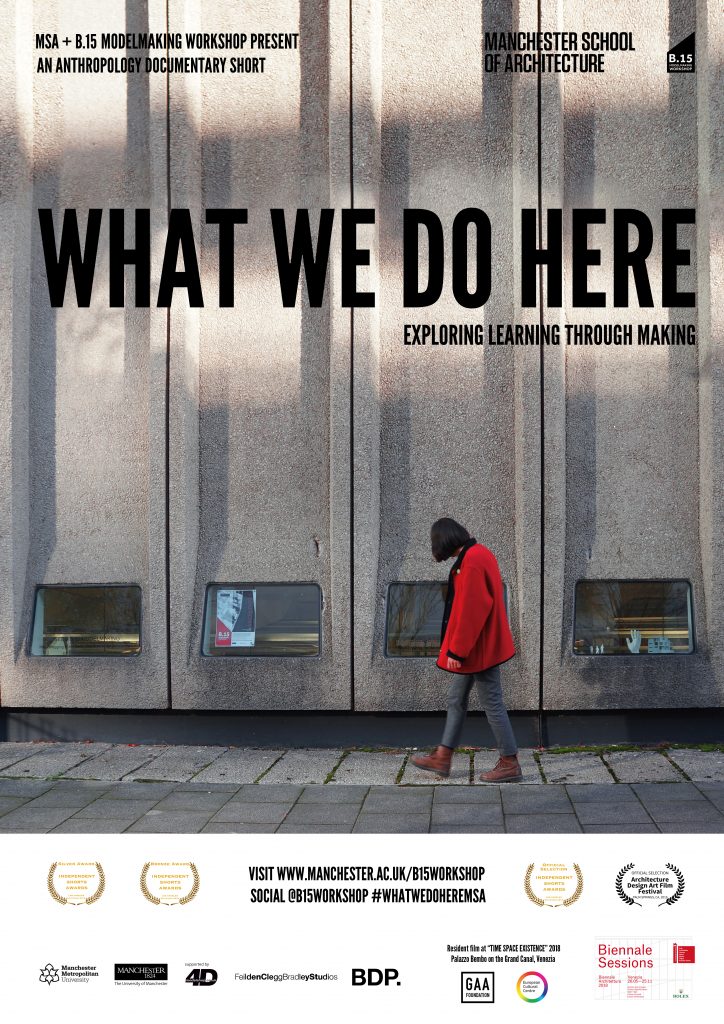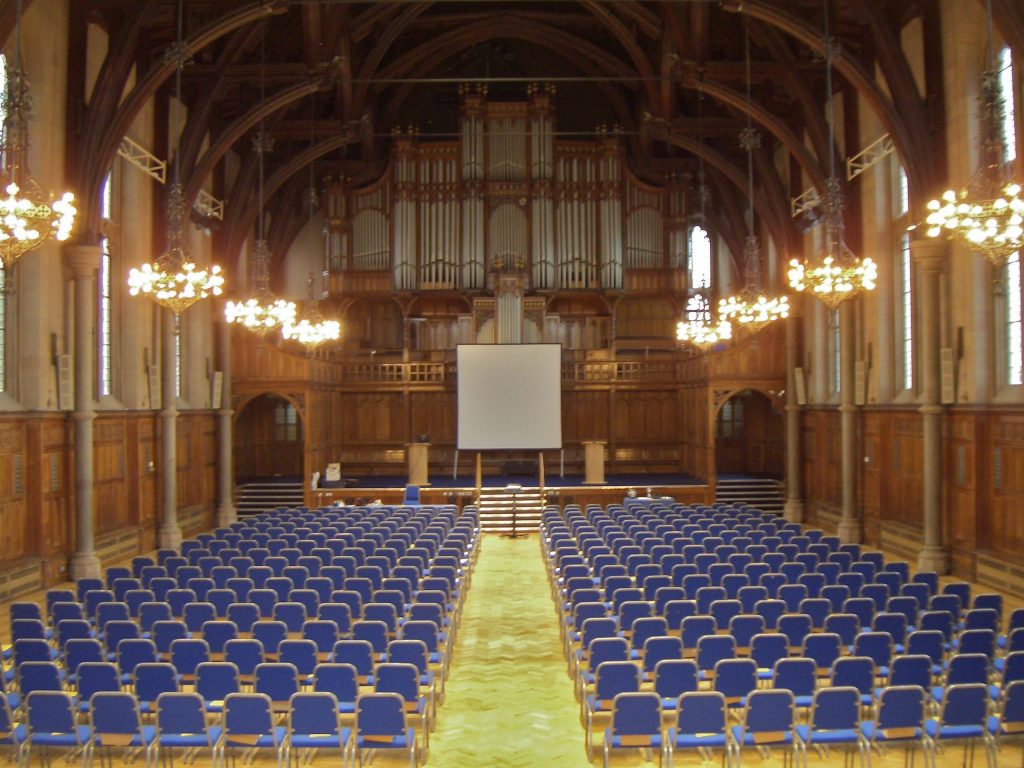Describe your
work area and its importance.
The University of
Manchester’s Geography labs provide a wide selection of learning resources and
equipment for university students and research staff. The students who are
studying for their geography degrees are able to access top-of-the-range
laboratory equipment to carry out experimental and research-based work to
contribute towards their learning experience.
On a typical
day, what do you spend most of your time on?
There are no typical days,
really! One of the best things about working as an apprentice for The
University of Manchester is that I often spend my days doing a variety of tasks
– including calibrating and operating cutting-edge laboratory equipment,
learning laboratory procedures for sample preparation/analysis and also
maintaining the labs/equipment to a high standard; all the while taking care to
follow health & safety procedures.
Describe your
career path to date, including highs and lows.
I
was employed by The University of Manchester on September 11 2018 as a
Specialist Laboratory Technician Apprentice. Every few months I ‘rotate’ to a
different area of the Science & Engineering Faculty; mostly in laboratory
environments. I also attend Trafford College once a week to work towards a
Level 3 Extended BTEC in Applied Science, and then I have the option to work
towards a HNC/apprenticeship degree. This allows me to experience a variety of
laboratories relating to different scientific subjects, i.e. chemistry and
geography. I am also learning relevant scientific theory that relates to my job
which is an advantage. I am about halfway through my first year and I have
thoroughly enjoyed my time as an apprentice at the university. I am achieving
my target grades (distinction) at college and I have received praise from my
peers/colleagues and management.
What drives
you?
I
am driven by my environment; being surrounded by academics and compelling
individuals who make working at the university so enriching. I am motivated by
my peers/colleagues to achieve my goal of becoming a senior technician when I
have gained enough experience after completing the apprenticeship.
Tell us a
funny story, work-related or not:
When
I was about 10, some friends and I were digging a small hole in the ground near
a bush-craft den we had made – a man passed by and told us to stop digging the
hole because a bird might fall into it.
What’s the best career
advice you’ve received?
The best career advice
I’ve ever received came from my A-level Film Studies teacher, Benjamin
Hassouna-Smith. He told me that it was important to focus on getting a job that
I would enjoy, rather than one that would just pay well. He said that job
satisfaction is the most important thing when it comes to choosing/getting a
career so that you don’t become unhappy later on in life.
